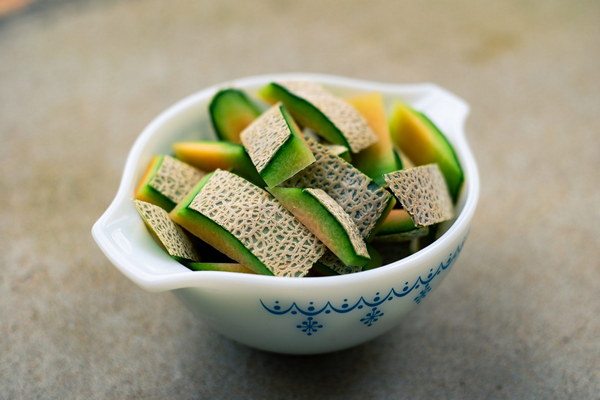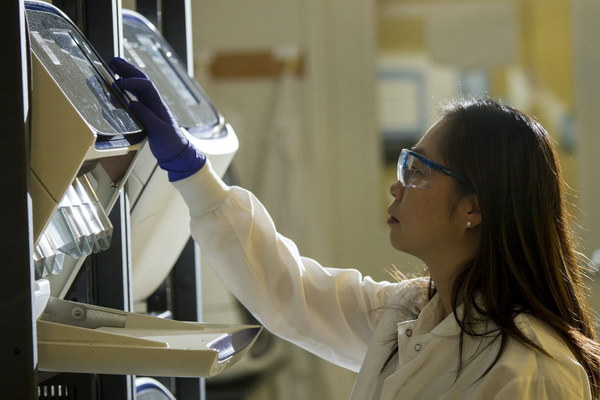Top Tips for Women How to Best Protect and Nourish Your Liver and Kidneys
In the fast-paced world we live in, it's no secret that women often take care of everyone else before themselves. However, taking care of your own health, particularly your liver and kidneys, is crucial for maintaining a balanced and vibrant life. Here are some top tips for women on how to best protect and nourish these vital organs.
1. Maintain a Balanced Diet
A well-balanced diet is the cornerstone of liver and kidney health. Include a variety of fruits, vegetables, whole grains, lean proteins, and healthy fats in your meals. Foods rich in antioxidants, such as berries, leafy greens, and nuts, can help protect your liver from oxidative stress. Additionally, consuming foods high in fiber, like apples, pears, and beans, can aid in kidney function by reducing the risk of kidney stones.
2. Stay Hydrated
Proper hydration is essential for kidney health. Drinking plenty of water helps flush out toxins and waste products from the kidneys. Aim to drink at least eight glasses of water per day, and more if you engage in physical activity or live in a hot climate.
3. Limit Alcohol Consumption
Excessive alcohol consumption can lead to liver damage and kidney disease. Limit your alcohol intake to moderate levels, which is defined as up to one drink per day for women. If you're struggling with alcohol dependence, seek professional help to quit.
4. Exercise Regularly
Physical activity is beneficial for both your liver and kidneys. Regular exercise improves blood flow, which can help filter out toxins from the kidneys and reduce the risk of fatty liver disease. Aim for at least 150 minutes of moderate aerobic activity or 75 minutes of vigorous aerobic activity each week, along with muscle-strengthening activities on two or more days a week.
5. Manage Stress
Chronic stress can take a toll on your body, including your liver and kidneys. Find healthy ways to manage stress, such as practicing mindfulness, meditation, yoga, or engaging in hobbies that you enjoy. Adequate sleep is also crucial for stress management and overall health.
6. Avoid Over-the-Counter Medications

Some over-the-counter medications, such as ibuprofen and acetaminophen, can be harmful to the liver and kidneys if taken in excess. Always read the labels and follow the recommended dosage. If you have a history of liver or kidney problems, consult with a healthcare provider before taking any new medications.
7. Get Regular Check-ups
Regular health screenings can help detect liver and kidney issues early. This is especially important if you have a family history of liver or kidney disease. Blood tests can measure liver enzymes and kidney function, ensuring that any potential problems are caught and addressed promptly.
8. Consider Supplements Wisely
While a healthy diet should provide most of the nutrients your body needs, certain supplements can support liver and kidney health. These include milk thistle, which may help protect the liver, and omega-3 fatty acids, which have anti-inflammatory properties. Consult with a healthcare provider before starting any new supplement regimen.
9. Avoid Smoking and Secondhand Smoke
Smoking and secondhand smoke can damage both the liver and kidneys. Quitting smoking is one of the best things you can do for your overall health and the health of these vital organs.
10. Practice Self-Care
Lastly, don't forget to take time for self-care. Prioritizing your mental and emotional well-being can have a positive impact on your physical health, including the health of your liver and kidneys.
By following these tips, women can take proactive steps to protect and nourish their liver and kidneys, ensuring a healthier and happier life. Remember, it's never too late to start making positive changes to your lifestyle.



![Discover the Secrets of Youth at Tianmei Beauty and Skin Care Spa, Located at [Address]](http://img.bluepurple.cn/a/养生/462/Discover-the-Secrets-of-Youth-at-Tianmei-Beauty-and-Skin-Care-Spa-Located-at-Address.jpg)





